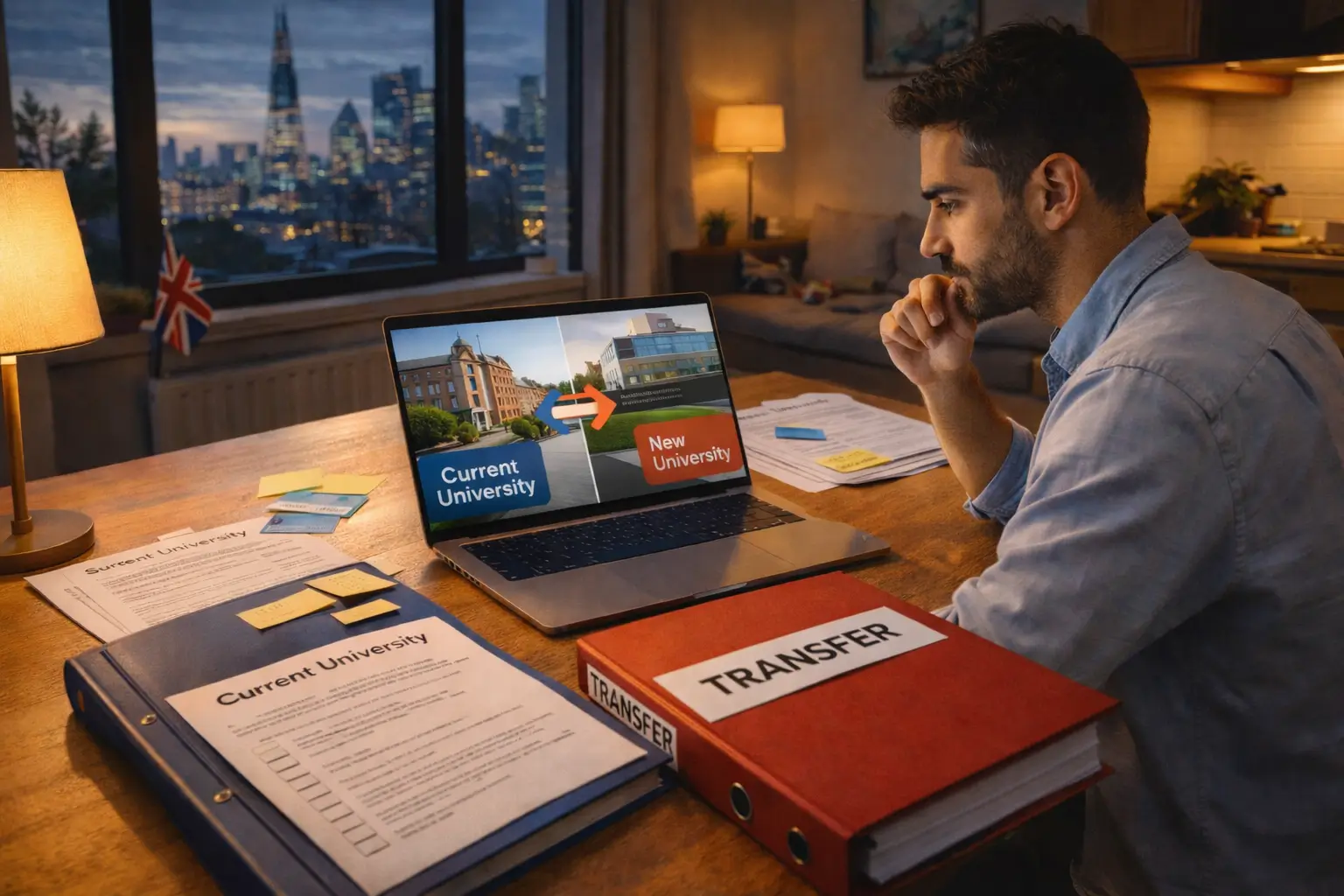Dreaming of courtroom success? Here’s how to become a barrister in the UK (Even Without a Law Degree!)

Mihai Flueraru
April 7, 2025
Always pictured yourself standing in a courtroom, making powerful arguments and fighting for justice, thinking how to become a barrister? Good news—you can become a barrister in the UK, even if you didn’t study law at uni! Yep, no law degree? No problem.
Whether you’re starting fresh or thinking of switching careers, this guide will walk you through exactly how to make that dream a reality. Let’s dive in!
Who is a barrister?
Barristers are legal experts who give advice and represent people or businesses in court. In the UK, they’re known for their great courtroom skills and straightforward legal advice. Most barristers work on their own but share resources in a group called chambers, where each barrister handles their own cases.

Their most famous activities are possibly court presentations of legal arguments dressed in gowns and wigs. But a career at the Bar is far more than that. Some will not regularly show up in court, and many courts no longer demand donning gowns and wigs, highlighting the evolving nature of how to become a barrister.
How Long Does Barrister Training Take?
The traditional barrister training process, requiring a qualifying law degree, bar course, and pupillage, takes a minimum of five years when followed to completion.
For those exploring how to become a barrister after pursuing a non-legal degree, a law conversion program adds an additional year, extending the minimum timeframe to six years.

How to become a barrister?
Training to become a barrister consists of these four steps:
1. Academic:
Studying a law degree, such as our LLB or LLB with Business, is part of this phase. You can still become a barrister if you don’t have a law degree, but you’ll need to finish a conversion course. Usually, this will take a year.
Because of the competitiveness of this field, you should strive for a 2:1 first-class or upper-second-class grade. Check out our tutorial on how to interpret your university grades.
The sooner you plan your legal studies, the better your chances of success. Enrollmate can help you shortlist courses and universities designed to prepare you for the bar.

2. Vocational
The next big step to becoming a barrister is the vocational stage, where you’ll complete a one-year bar course at a vocational provider. You can do this full-time, part-time, or even as an integrated LLM (Masters).
Before you start, you’ll need to join one of the Inns of Court at least 12 weeks in advance to be eligible to practice law. It’s also a good idea to ask your inn for a “mentor” or “sponsor”—they can guide you and help you get settled into life at the bar. Just keep in mind that many inns require you to apply for at least one pupillage before you can access a mentor or sponsor.

You will be ‘called to the Bar’ after clearing this vocational component, where you will be celebrated in a ceremony like a graduation. However, until you finish a pupillage, you cannot practice.
3. Work-Based Learning
The practical portion of how to become a barrister is called a pupillage. Here, a student supervisor will be assigned to you, and you may shadow them or work under their supervision.
Usually, the government or a few other organizations that give pupillages spend this time in the chambers of barristers. Your pupillage must be funded by the chambers.

Pupils typically work full-time for 12 months or part-time for 24 months. You can take the lead on your own cases during the second six months of practice, which follows the first six months of non-practice.
After completing the bar training course, you have five years to obtain a pupillage. You can request an extension from the Bar Standards Board if you are unable to get a pupillage.
4. Practice
After you finish your pupillage, the next big step is getting a permanent practice space, called “tenancy.”
Most of the time, this comes from the same chambers where you did your pupillage. But since it can be tough to land, if you don’t get it right away, don’t stress—you can always try for a six-month probationary tenancy somewhere else to get started.

Many barristers become members of the Bar later in life, after having studied or worked in a different area. The vast majority of barristers become lawyers after studying law, but a lot of them have studied other topics first and then taken a course to become lawyers.
How to become a barrister – Requirements:
- The seven elements of legal information and the skills needed for graduate legal work, such as legal research, must be part of your law degree or GDL.
- If you want to, you can join an Inn before you start your professional training, but you have to do that first.
- Some AETOs have courses that let you combine the training for the bar with work experience. Not all of them lead to a law degree, and some are meant to be taken after getting another degree that isn’t in law.
- You can start your first six months of pupillage before being called to the bar, but not your second. This is because you will be working as a lawyer under the guidance of your Pupil Supervisor during your second six months.

Lawyers who are licensed in a different country, like solicitors in England and Wales or lawyers from other countries, may not have to do all of these things, depending on their experience and skills. Learn about becoming a solicitor on the Law Society’s website.
Working Hours for Barristers:
Courts usually meet at set times during the day, but barristers often have to work long, unsocial hours at night and on the weekends, especially when they are just starting out and building their reputation.

Responsibilities for a Barrister:
There are a lot of different responsibilities that a barrister has, depending on what kind of law they practice. For example:
- A criminal barrister’s daily work usually includes a lot of speaking up in court, making points, and questioning witnesses.
- A family law barrister may spend a lot of time managing negotiations to settle disagreements outside of court while also representing clients in court.
- Chancery barristers specialize in areas like property and trusts. They usually handle fewer cases and spend less time in court, instead focusing on careful planning and giving expert legal advice. Even with these differences, everyone in the field has to do the same basic things. Other responsibilities include getting instructions from clients and lawyers, learning and interpreting all the relevant legal principles, and mastering and managing the details of legal briefs with great care.

Barristers aren’t just focused on their own cases—they also help run the chambers they work in. That means things like bringing in new trainees or tenants and making sure everyone works well together. It’s all part of keeping the legal community strong, supportive, and moving forward.
Last Word:
Now we have answered your question about how to become a barrister. As a barrister, you’ll play a big role in standing up for justice and giving solid legal advice to those who need it—whether it’s individuals or big businesses. If this path excites you, there’s no better time to start! Begin planning your studies and take that first step into the world of law—you’ve got this!











